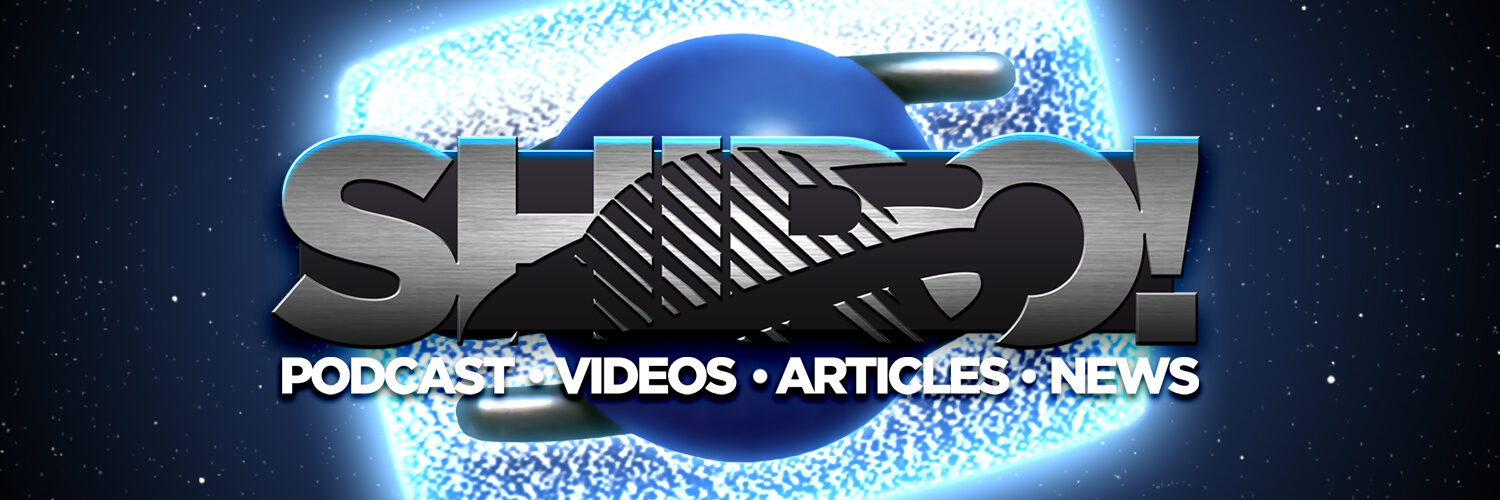This little homebrew adventure game, Bridget Bishop, is one of those neat little surprises that seem to come out of nowhere. Much like 7Shades’ Cubecat, we didn’t really hear or know anything about it until it was just recently dropped in our laps by way of submission to SegaXtreme’s annual game competition. Except… that’s actually not entirely true…
Believe it or not, Bridget Bishop was actually released a whole 6 months ago, and the entire internet (including SHIRO! – Yes, we’re quite embarrassed to admit this) has slept on it up until now… Apparently a demo of the game began circulating forums back in May of 2022, and a release candidate was made available back in June of 2022.
Well, I suppose there’s no use crying over spilt potion, so let’s all get caught up on this wonderful little Saturn game together, shall we?

Programmed by Francisco Javier del Pino Cuesta (aka Fran Matsusaka) and published by EGS Studio Games, Bridget Bishop was born out of an idea from his former boss to develop a game in J2ME (with the intention of getting fully into 3D game development) inspired by the DOS game Jack in the Dark.
The game follows a little witch, Bridget Bishop, who has accidentally turned her beloved cat, Socks, into a frog. She must search her magic spells book, gather ingredients and create new potions in order to transform Socks back into a cat again. However, all she is able to find are poor substitutes for the ingredients required by each recipe, and the results that ensue are quite hilarious!



Francisco found Jo_engine in 2022, which made Saturn development relatively easy, and as a result, the Saturn version, unlike the J2ME version, is completely finished and playable from start to finish.
One of the most challenging parts of development for this title were the 3D model animations. Since bone animation is not feasible on machines this old, instead the models are broken up into pieces that are moved independently. Deformation of meshes were applied in certain areas, like the animation of the frog or the grandmother when transforming back into a dragon.
Another tricky point was the music. Because the game makes constant use of cd reading (for loading game assets), CD music playback was not possible. Instead, the ponèSound library was used, which allows for streaming music playback. This system reads from the CD approximately every three seconds. A special system had to be written to prevent the simultaneous loading of stages and streaming of music.
While a short experience overall (approximately 25 minutes give or take), the game is built around solid design and play mechanics. The puzzles are logical, and the writing is comical. Everything about this game feels very deliberate and well thought out, which marks a real milestone in Saturn homebrew development. It very much feels like a ‘game’.
While so much more could be added, we are thoroughly impressed by what’s on display here. We’ve also learned to keep our ‘ears to the ground’ (in the Jo_engine & SegaXtreme forums) so we don’t miss out on further treats like this in the future…


Be the first to comment